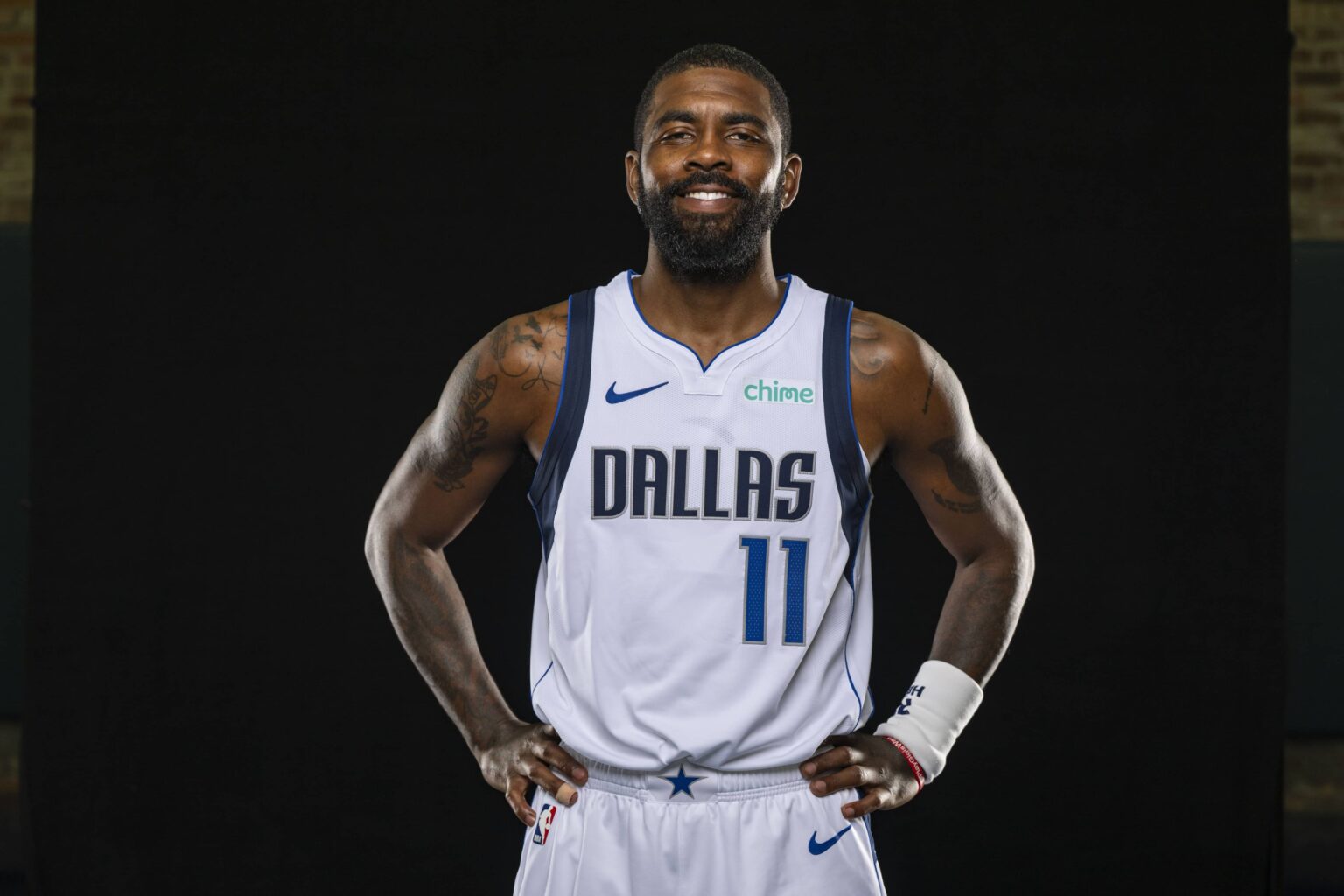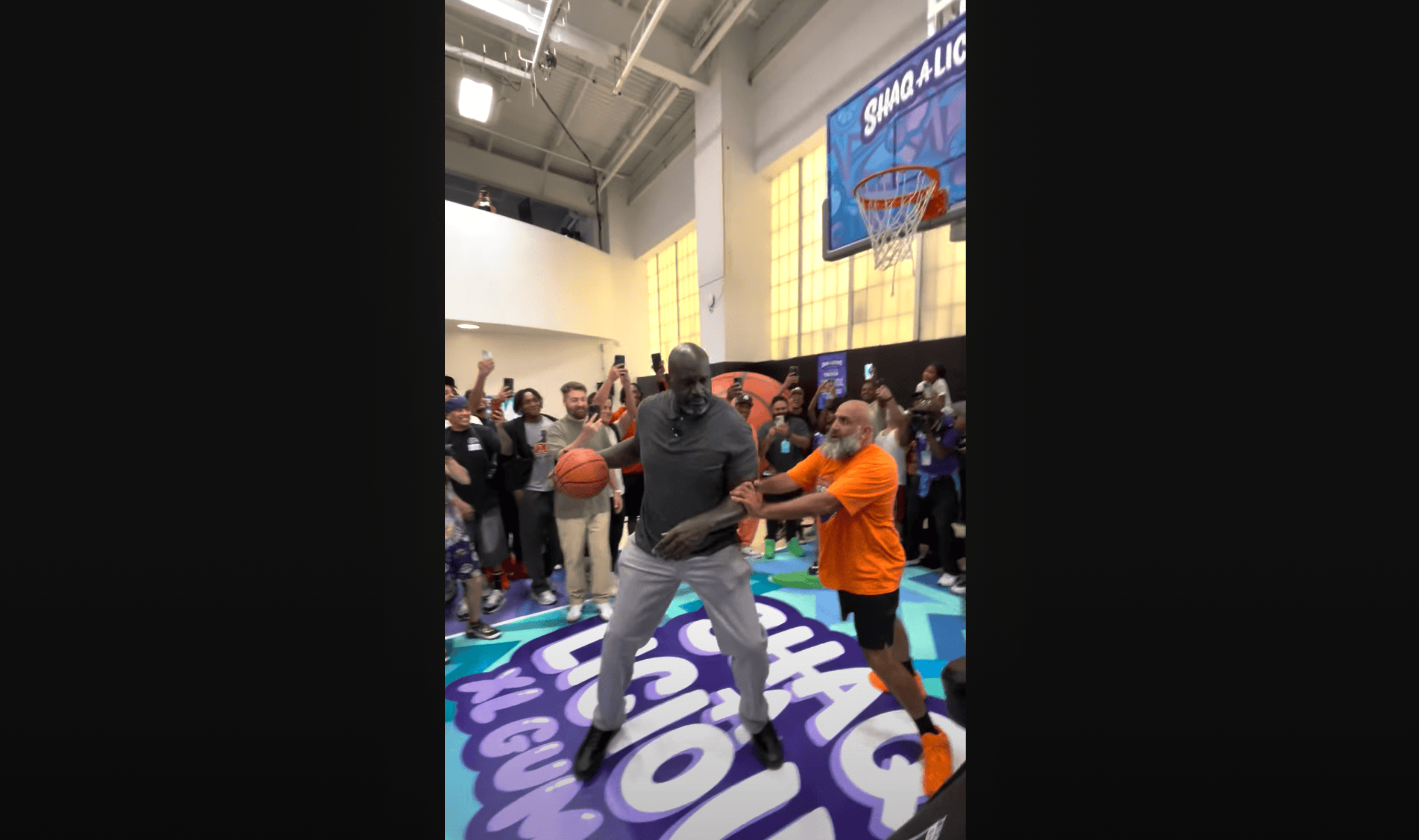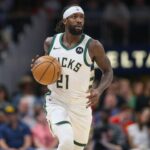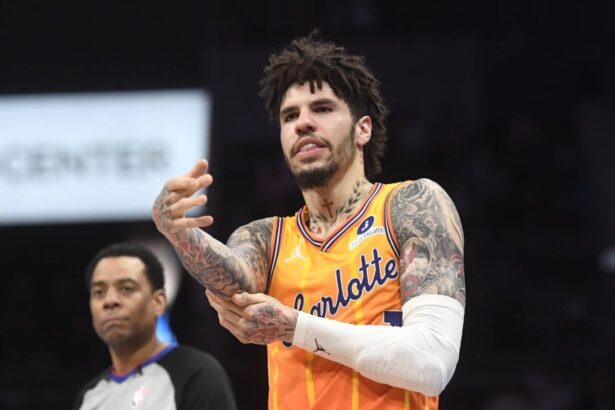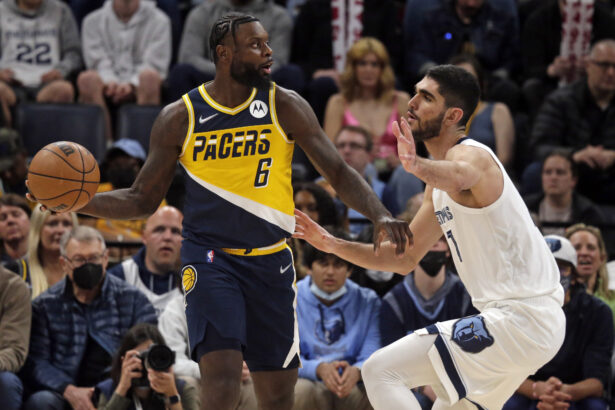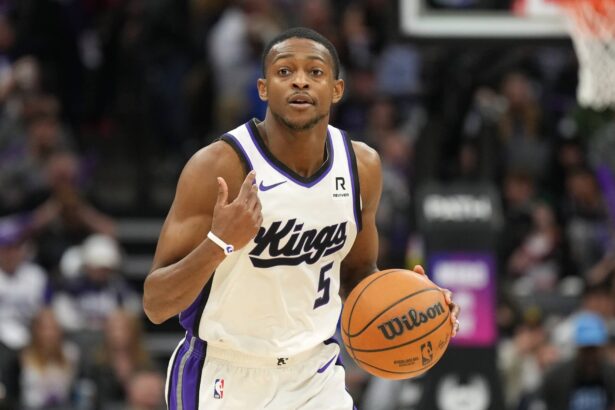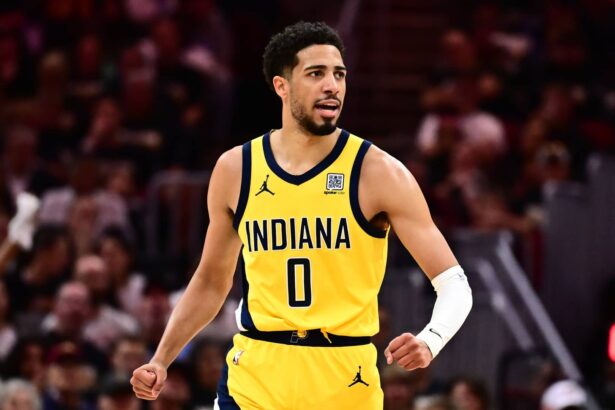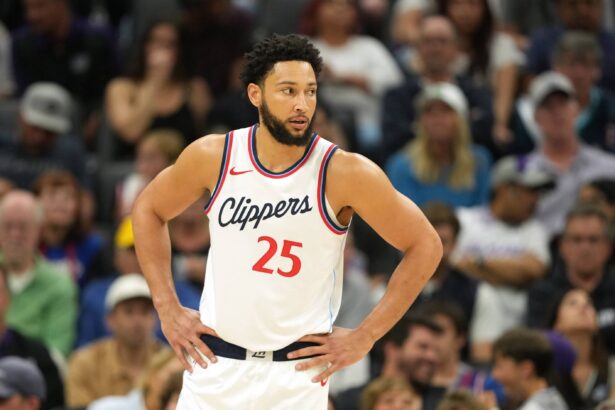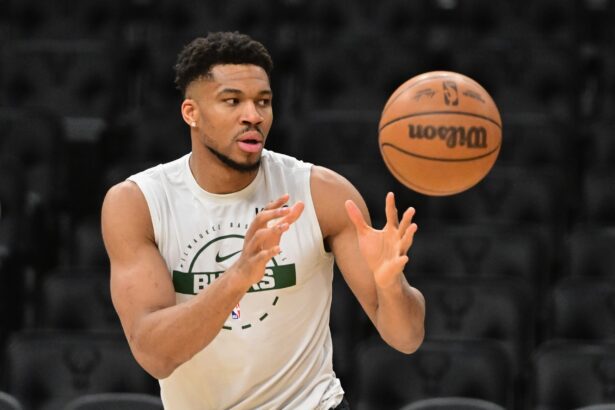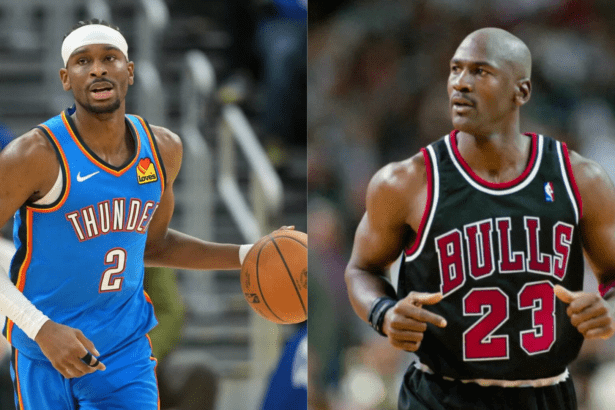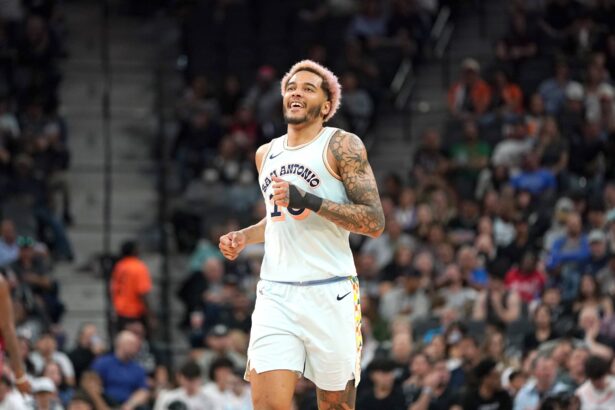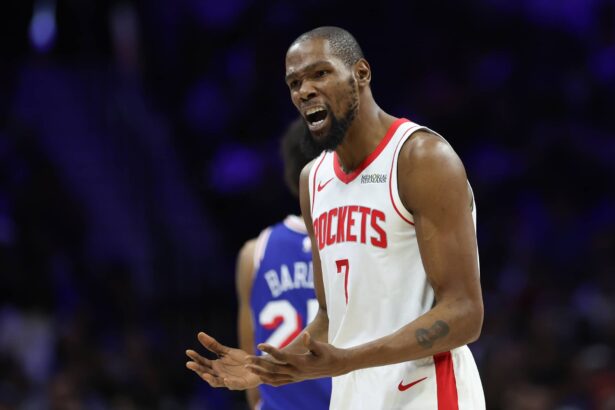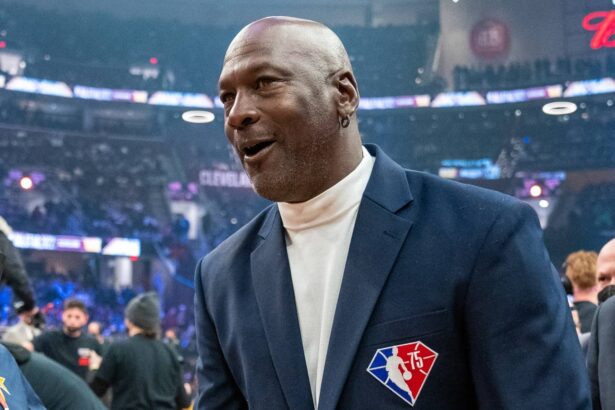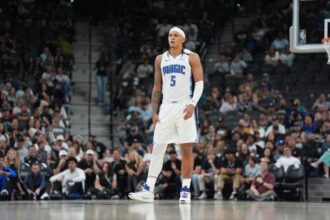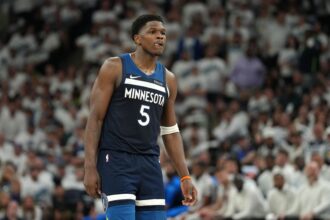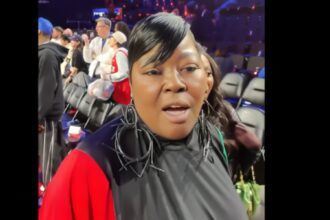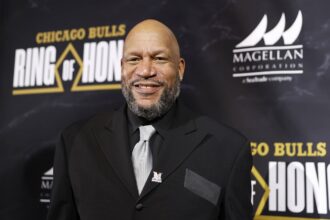Kyrie Irving didn’t mince words at Dallas Mavericks media day, he believed he was playing among the top 15 players in the world before a torn ACL cut his season short.
“I felt like I was top 15 in the world and there was no doubt about it. I was showing up every night.”
That confidence wasn’t empty. Irving entered the injury with strong numbers, averaging 24.7 points, 4.8 rebounds, and 4.6 assists, and had settled into a heavy-usage, go-to role after the midseason roster shakeups.
For Kyrie Irving, the frustration wasn’t just about the physical setback; it was about timing. The injury arrived in March, right in the middle of contract conversations and a period when he felt he’d firmly re-established his value. Still, he made a clear choice in free agency to accept a three-year, $119 million deal that helped his team build depth, a sign he preferred competing over chasing maximum offers.
Now rehabilitating from the ACL, Irving’s message has been steady: “I’m right on schedule.” He repeated that phrase multiple times during media day, an assertion both comforting and deliberately vague.
There’s been a small tug-of-war over wording. Coach Jason Kidd pushed back on reports that Irving was “ahead of schedule,” calling that “bad reporting,” while Mavericks GM Nico Harrison had earlier suggested Irving’s work ethic made accelerated progress likely. Those differing takes underscore the balancing act teams walk publicly when managing expectations around star injuries.
Mental recovery is as big a focus as physical work for Kyrie Irving. That realism extends into his view of the future: he’s not ready to coast toward retirement, but he is starting to think long-term.
Despite the uncertainty, Kyrie’s competitive fire is intact. He’s aiming not just to return to his prior level but to exceed it. That ambition mixed with patience frames his approach: no firm comeback date, only steady progress. The Mavericks, for their part, have tightened the roster around him; Irving said he didn’t mind taking a deal that allowed the team to build depth while he recuperated.
Ultimately, Kyrie’s media day was an exercise in tempered optimism. He still believes he belongs among the game’s elite, and he’s working to prove it again on the court. Whether he returns to a top-15 standing will depend on rehab, minutes, and how quickly his mind and body sync back up, but his mindset is clear: he isn’t content with just getting back; he wants to come back better.

